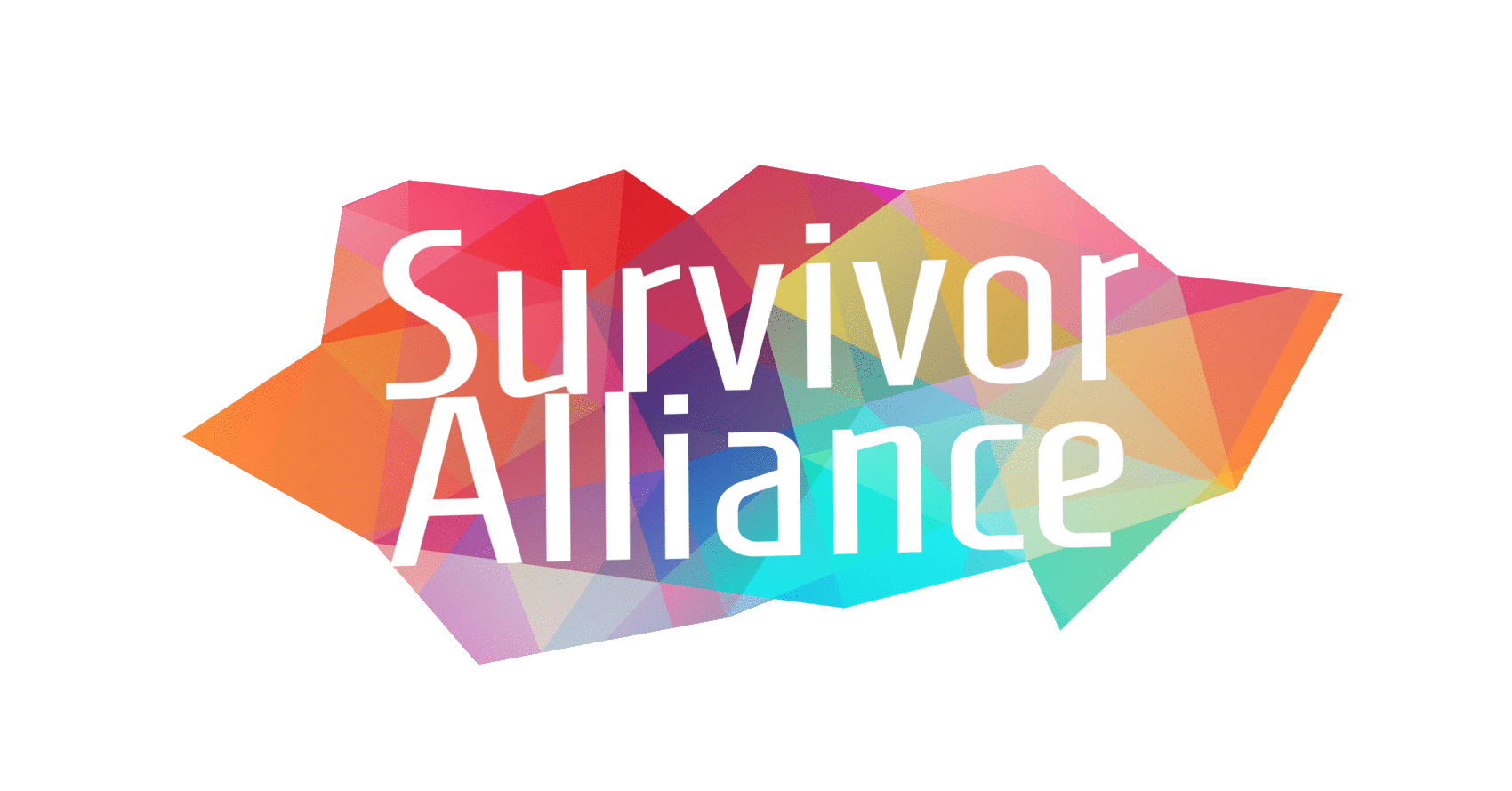Involving Survivors in Policy & Intervention Research (InSPIRe)
The mission of InSPIRe is to elevate the lived-experiences of survivors of slavery as legitimate knowledge.
InSPIRe is Survivor Alliance’s stream of work that is focused on co-production of knowledge. InSPIRe was born out of a deep partnership between Survivor Alliance and the University of Nottingham’s Rights Lab and exists in the space between communities of survivors of slavery and traditional academic insituations.
Building upon Indigenous Research Methodologies, Liberation Social Psychology, and Participatory Action Research, the work of INSPIRE embraces knowledge production as a sociopolitical act. Research projects must include lived-experience peer researchers who contribute to the research conception, design, and implementation in significant ways.
objectives
Co-produce original research that supports sustainable freedom for survivors of slavery and human trafficking.
Disseminate and translate research for anti-slavery policy makers and practitioners whose work directly impacts survivors of slavery.
Train and develop survivors of modern slavery into community-based scholar-activists.
Share best practices for conducting survivor-informed and survivor-led research.
Projects
Modern Slavery Core Outcome Set (MS-COS)
High quality evidence is lacking about how policies and services can intervene effectively to support the recovery and reintegration of survivors of human trafficking and modern slavery. Standardised outcomes are urgently needed to evaluate and compare policy and service interventions, but no consensus currently exists on what outcomes should be prioritised. The Modern Slavery Core Outcome Set (MS-COS) project will enable this by providing a minimum standard set of outcomes to be measured and reported in all intervention studies and service evaluations for adult survivors of human trafficking and modern slavery. \
Published Article: The Modern Slavery Core Outcome Set: A Survivor-Driven Consensus on Priority Outcomes for Recovery, Wellbeing, and Reintegration
STAR-Wellbeing Project
Carried out in collaboration with the Rights Lab at the University of Nottingham, Anti-Slavery International, West Midlands Anti-Slavery Network and the University of Birmingham, a key element of the project is the inclusion of people with lived experience of modern slavery in research as peer researchers. These peer researchers will be involved with research design, data collection, and analysis. The project will also assess whether the process of being a peer-researcher impacts on the wellbeing of the collaborating survivors.
covid19 Risk and response: Impacts and Mitigations for Modern Slavery Victims and Survivors
This is a multi-method study funded by UK Research and Innovation (UKRI) and conducted in partnership with the University of Nottingham. The purpose of the study is to understand how COVID-19 impacts survivors of modern slavery/human trafficking in both the US and the UK, changes in the risk profile for already vulnerable people, and how government and third-sector responses have also impacted survivors.
Our Research Advisory Group (RAG) consists of 5 people from the UK and 5 people from the USA who have lived experience. Survivor Alliance staff with lived-experience are conducting one-on-one interviews with participants.
modern slavery, mental health and survivors (Moments)
Survivor Alliance facilitates a Research Advisory Board (RAB) for a research study about mental health and recovery led by Dr. Nicola Wright and Dr. Emina Hadziosmanovic. The RAB consists of 6 lived-experience experts and meets quarterly. The RAB has provided input into the research project since its inception, informed research ethics and data collection methods. RAB members continue to support participant recruitment and will participate in dissemination of research findings. RAB Members include: S. Ahmed, Sister J, K.J., MJ, A.W., and J.J.
Grounded Theory Study Protocol paper published in BMJ Open November 2020.
This webpage presents independent research funded by the National Institute for Health Research (NIHR) under its Research for Patient Benefit (RfPB) Programme (Grant Reference Number PB-PG-1217-20036). The views expressed are those of the author(s) and not necessarily those of the NIHR or the Department of Health and Social Care.
developing Ethical guidelines for researchers
Currently, there is no single standard of good practice available to researchers, non-governmental or governmental organisations working on modern slavery. Working with Dr. Andrea Nicholson, Survivor Alliance co-hosts a workshop series to develop a set of ethical principles for academics and organisations who want to do research about modern slavery and human trafficking that involves the participation of people with lived experience (such as carrying out interviews with survivors). The end goal is to develop a document that has ethical practice guidelines for research. We want to ensure that people doing research in this area have access to guidance, informed by and created with survivors.







